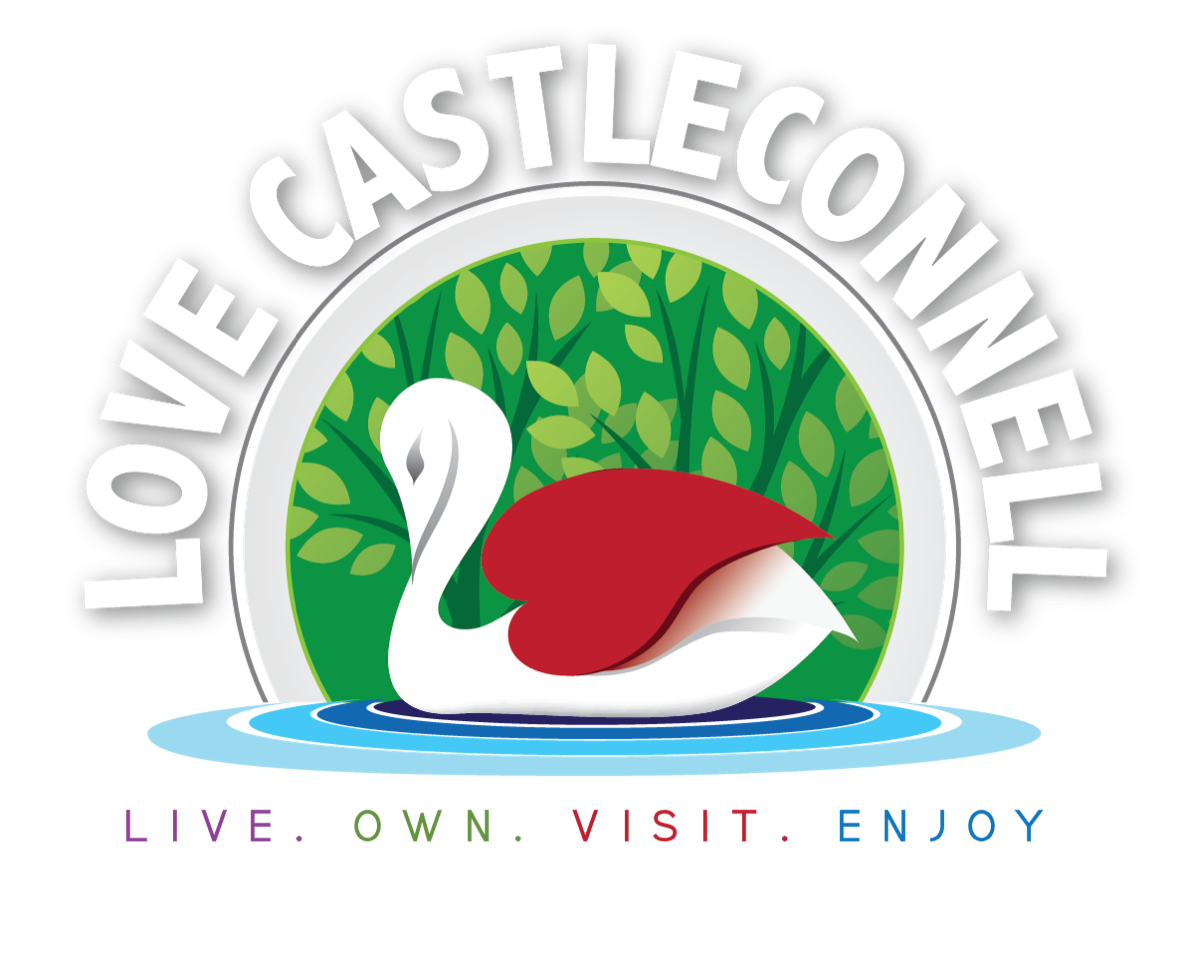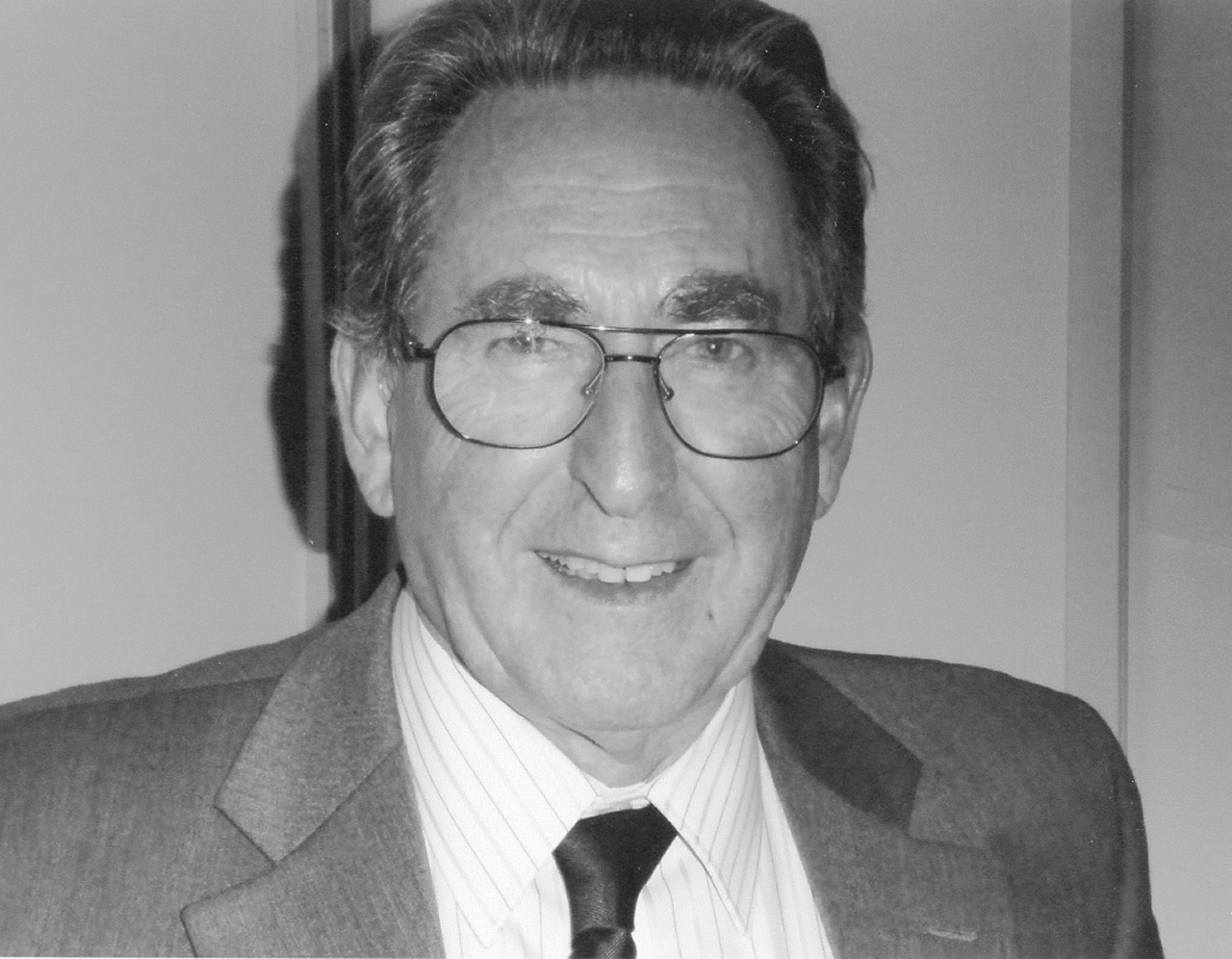By Gerry (Gerard) Kingston
The day I was born Hitler was preparing to take over Europe. In fact, I was just two months old when he started his conquest. Mind you, a lot of this was unknown to me but events in Europe did colour much of what happened to me. Examples include the fact that we had scarcities of food and clothing and even with money one often had to go without these items.
I was born in Limerick City in July 1939 and moved to Castleconnell, a small, beautiful village on the banks of the Shannon within days. My earliest recollection is of a visit to Trim on Co Meath. There I was in the care of my grandmother who minded me whilst my mother was having my new brother. I discovered later that this was between January and May 1941.
One beautiful evening with a clear blue sky, I heard a loud droning and asked Granny what it was. She brought me out to the garden and said
“It will get louder.”
As she looked up at the sky, she said
“Just watch. “Do you see that black cloud way up in the sky over there?”
She continued as she pointed southwards,
“They are the Jerries going to bomb Belfast.”
Now as I watched, the cloud got bigger and as it was overhead, I could see that it consisted of tiny black crosses. The shadow of that event is embedded in my mind ever since.
Back home my earliest recollections are of the soldiers who lived in our village.
Two battalions of them, and they seemed to be everywhere. We had parades to Mass on a Sunday with bands playing and we had small kids trying to march in front of them. If you fell back, you got a boot up the backside to keep ahead or move you out of the parade, and a reminder as you tried to sit on a tender bottom later.
On many a Sunday afternoon as the family went for a walk along the narrow country Forge road, we inevitably ran into a squadron of the “boys in green” speeding along with motorcycles or cars pulling Bren guns, without a care for anyone, and sending us scurrying for the ditch. Alternatively, we would come across a tank that had broken down at the side of that bog road.
The village had eleven pubs and four others within a mile or two. Drink was a major past-time around there. On a sunny Sunday, five or six trainloads, or so it seemed, of visitors from Limerick City invaded our tiny village. The men folk headed for the pubs and the rest to the riverbank to enjoy the sunshine, maybe swim and have picnics. Come evening the women would literally drag some of the men folk to the trains, as they were incapable of standing up. They often left a trail of vomit on the road.
The village experienced the army “red caps” more than the Gardai, as they raided the pubs for soldiers who were AWOL.
In spring mornings, there was the sound of marching men with swishing capes headed for the many bogs around the area. Instead of rifles, they had sleans on their shoulders as they headed to cut turf for their winter fires. There was not the same spring in their steps as they returned home after an exhausting day out. We used to sing “Itchy, scratchy, itchy scratchy,” in tune with the sound of the march past.
The river was a major part of life for me in those early years. As soon as I could, I became a good swimmer. This gave great peace of mind to my mother who knew that if I did fall into the river I could save myself. It also meant that she did not forbid venturing near it to fish. The village is famous for its salmon fishing. Royalty often visited in the late 19th and early 20th centuries. The salmon were still there in my time but were reserved for the rich. However, the occasional salmon went missing despite bailiffs. I caught pike, eels, perch, and small bream. On the Mulcair River a few miles away: we caught large bream-up to ten pounds weight.
It was on the Shannon, or more correctly at Clune Well, by the age of twelve that we built our outrigger canoes, which we hacked from solid logs and attached crude branches as outrigger gear to prevent capsizing. Of course, we used real boats, specially designed for our river Shannon. They were long, narrow and flat-bottomed, which I paddled in deep water and poled along in shallow places. I learned to navigate up and down narrow, fast flowing streams either alone or with a companion. Here too I learned to make green heart fishing rods and tie flies ably coached by the late John Enright. Come autumn, we would gather with the men who with gun, bag and dog, would head out to shoot pheasants, widgeon and woodcock. We helped beat the bushes for the shooters.
The village grew around the pump. It was our source of water and possibly life. In the winter, the County Council men wrapped it in straw to keep it from freezing which it occasionally did despite its wrapping-especially in 1947. It stood on its pedestal at the top of Main Street: at the junction with Railway Road: In the Summer when it went dry, we had to carry our drinking water from Clune Well, which was at the bottom of the village and a long way from where I lived at the top of the hill and close to the railway station. This built muscles and added to my fitness and exercise routine, of the constant outdoor life.
At the bottom of Old Street, was McRyan’s forge. This was a great place to spend your afternoon in wintertime, helping to pump bellows and watch the smith shoeing the horses. It was very cosy and you were in out of the wind, the rain, snow and sleet or the freezing fog.
As I reflect on my life then, this was a very happy time except when I looked for something unusual. The war did not appear to intrude very much in those early years. My parents sheltered us from the excesses of shortages, but the army was probably a distraction and a reassurance of safety.

